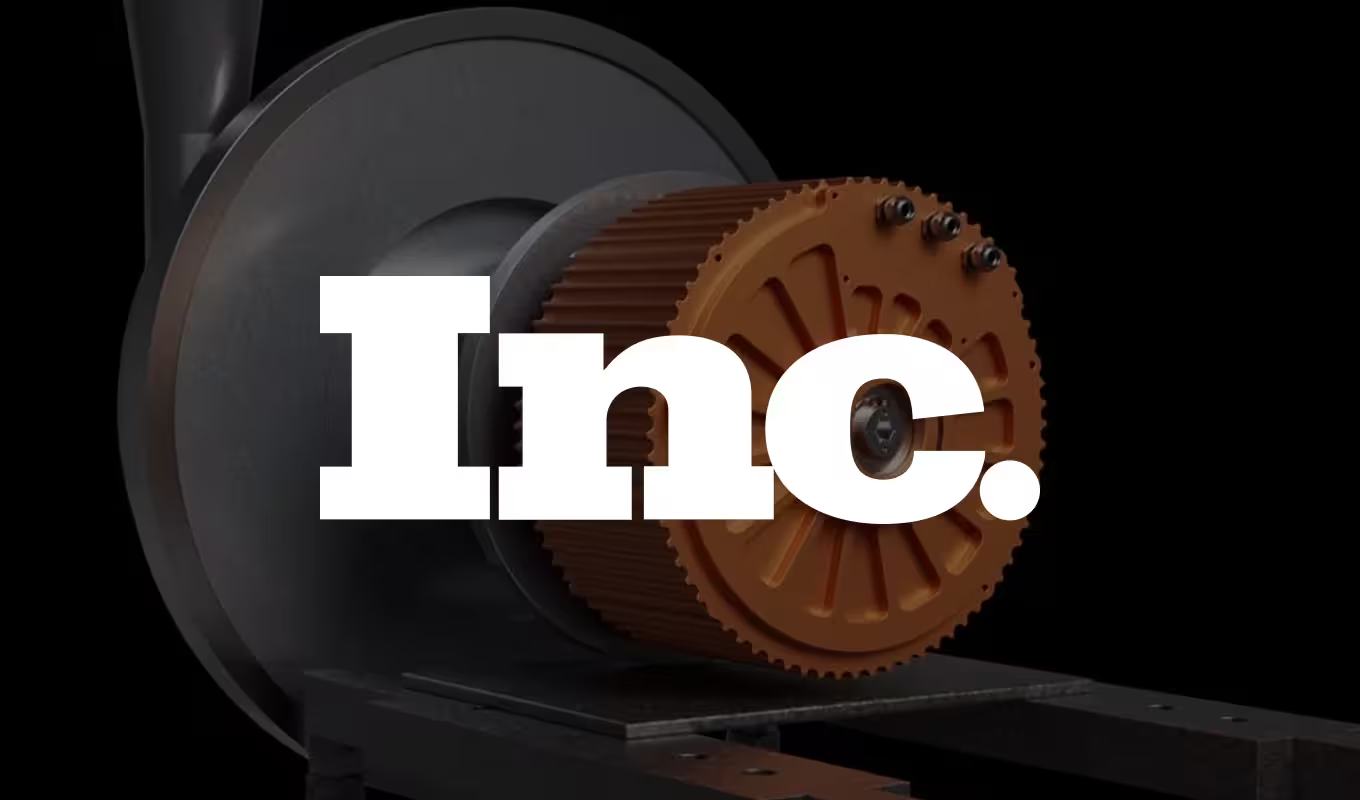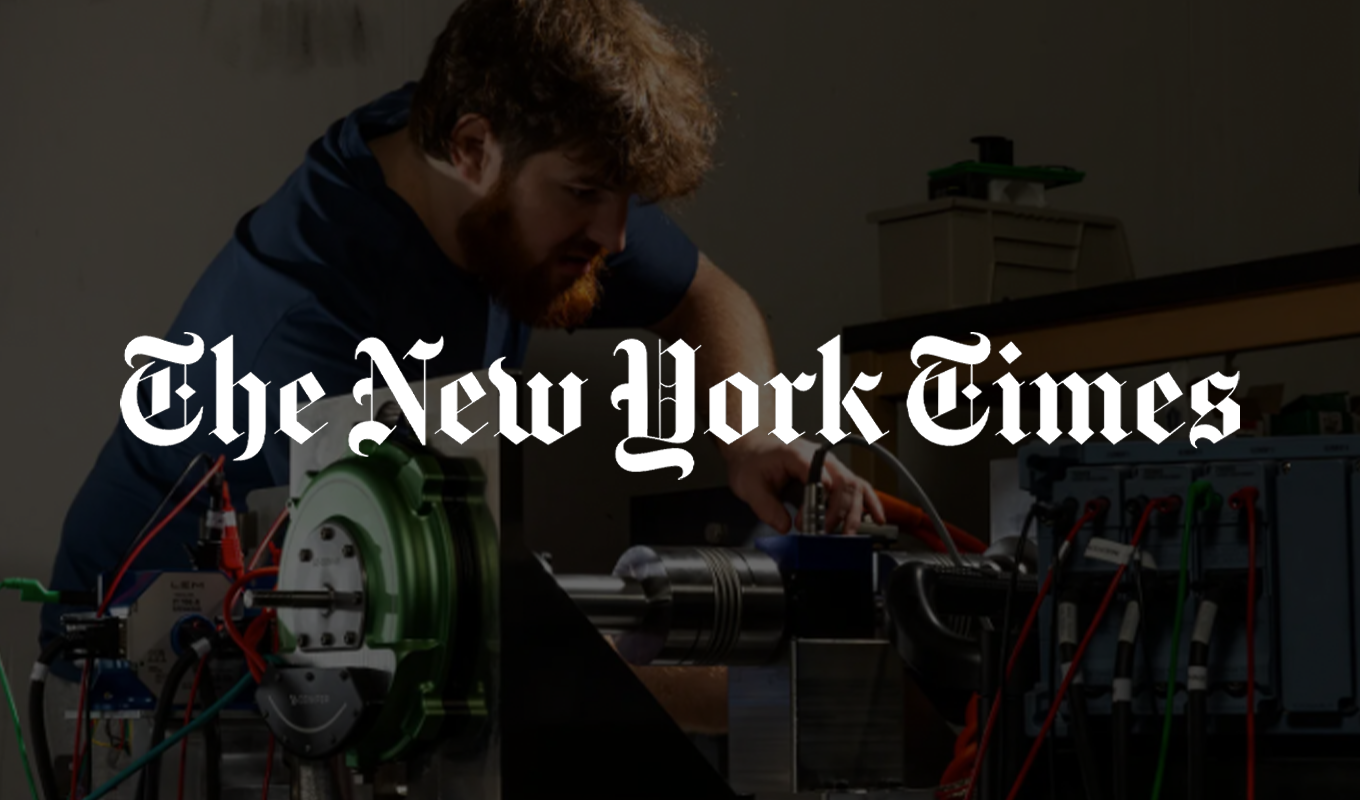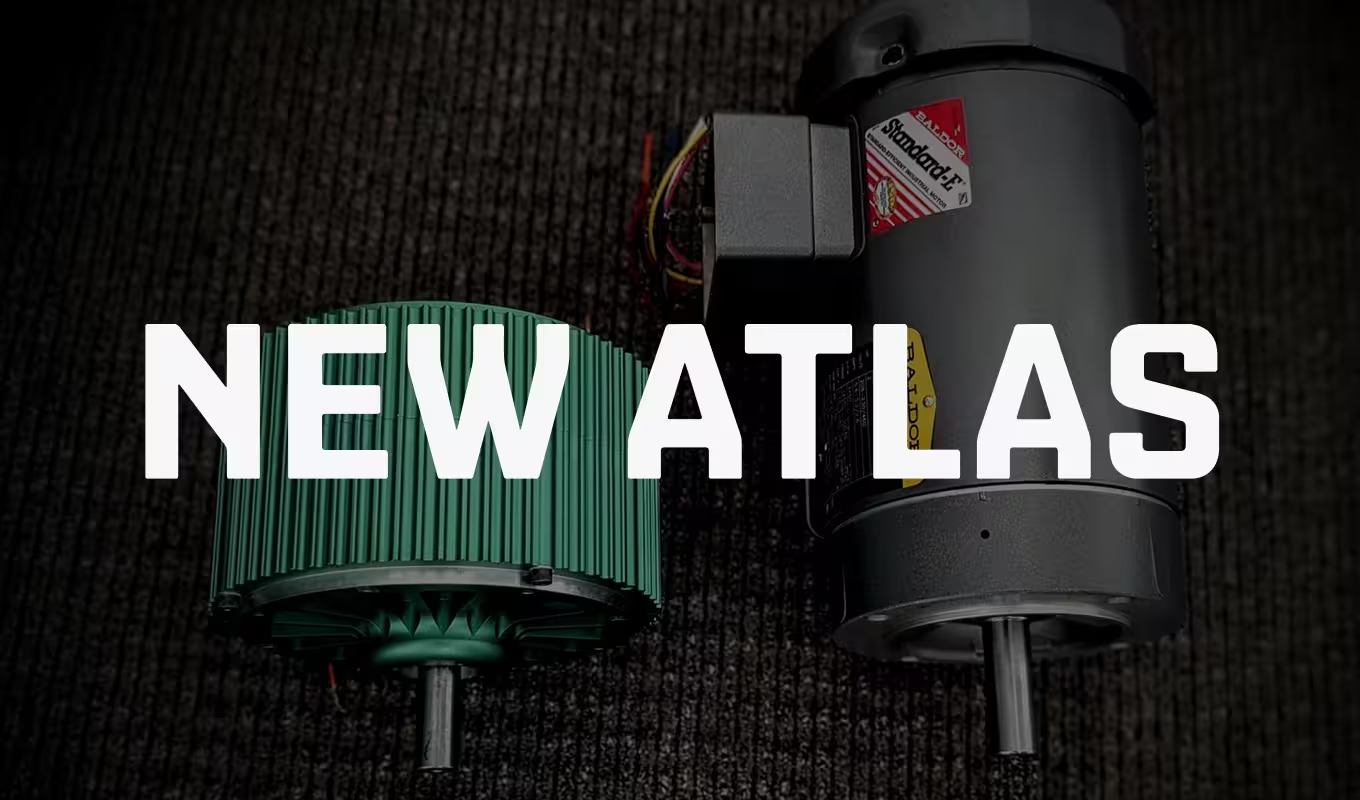
This Motor Startup Is Literally Reinventing the Wheel. Here’s How
The wheel is getting a redesign. Electric powertrain and motor startup Conifer is developing small electric motors that don’t require the rare-earth elements such as neodymium that are critical to many electric motors on the market.
The San Francisco-based company plans to ship its first commercial product this year: a geared, in-wheel powertrain for small mobility vehicles like scooters, lawnmowers, and other applications that require under 25 horsepower. The scarcity of rare-earth elements, which are controlled in large part by China, could provide a competitive advantage for the company in the wake of the Trump administration’s Chinese tariffs.
Founded by ex-Apple and Lucid engineers, Conifer, which just raised $20 million in a seed round, relies on a motor design that is flatter and more compact than traditional motors, where magnets spin around a central shaft. The company also uses ferrite, an iron-based magnet that’s more abundant than neodymium and easier to source domestically. According to the company, their ferrite-based stator (a motor component) can be swapped for neodymium if a specific application requires a performance boost. The company claims its IE5-rated (energy efficient) designs are half the size and weight of standard induction motors.
The company is betting that its rare-earth independent design and local software-guided manufacturing process can sidestep the tariffs, geopolitical risks and bottlenecks that can impact global supply chains. Instead of requiring retooling for each variation, the company’s process uses software to fabricate motors of different sizes on the same production line. For example, the most labor intensive part of building a motor is “winding,” which involves wrapping wire around a stator to create coils. Conifer says their approach cuts the cost of winding by 90 percent, while shortening the production time.
Backed by True Ventures, MFV Partners and others, Conifer is also targeting industrial markets, trying to enter a motor market projected to grow from $155 billion in 2025 to $258 billion by 2032.
Conifer’s timing may be as critical as its technology. Amid escalating trade tensions and new rounds of tariffs on imported materials, companies dependent on rare-earth elements are facing rising costs and growing uncertainty.
By eliminating the need for those materials and offering a domestic alternative, Conifer is positioning itself as a solution to an uncertain supply chain.





